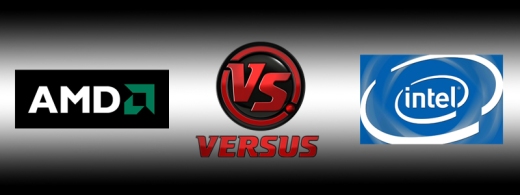Almost everyone today knows how to use the internet but not everyone knows how the internet works. The internet has 2 main factors that affect its speed: bandwidth and latency. Bandwidth is the average rate of data transfer through a communication path and latency is the time delay of incoming data. The higher the latency is, the more delay. How do they affect internet surfing, video chat, downloading and online gaming?
Different types of internet services give different specifications. Most internet using cables such as fiber optics or copper wires offer very low latency and consistent internet but is not that fast (except for the expensive ones). Wireless internet using 3G or 4G signals on the other hand offer very high bandwidth but at higher latencies especially if the weather is bad.
Internet surfing is more reliant of bandwidth because it does not need to load immediately. Having a 3G internet service like mine (Globe Tattoo) gives you very good video streaming because satellite internet service has high bandwidth and high latency. Sure, there is a little delay but after that, video buffs like a champ.
As for video chatting, it would need both good latency and good bandwidth. My experience with having high latency for video chat like Skype is quite bad. The audio stutters while worse for the video stream having frame by frame playback. It’s like using Yahoo Messenger for the web cam back in the dial-up connection days.
Downloading comes in handy whenever you need files that can be used even if there is no internet. Download mainly relies on the bandwidth for its speed. Latency only adds to the stability and consistency of the download speed.
For online gaming, latency is most important. Online games use real-time updates of everything happening inside the game. Having high latency will result in delay and poor gameplay. No one wants to play a fast paced game with lag spikes and long delay times. Only a few online games need high bandwidth.
The kind of internet service you can get also is dependent on whether it is offered in your area. In my case, I have no choice but to go for wireless internet because I live quite far from civilization.
It is always better to know what you are going to get with what you are paying for.
